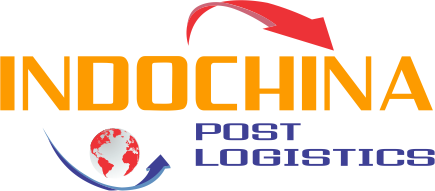When Vietnam joins the TPP, the Vietnam logistics industry will have numerous opportunities to grow and become more deeply involved in the world’s logistics centers…
Logistics activities, as an important link in the economy, help goods reach consumers and ensure materials for the manufacturing process.
Despite facing stiff competition from foreign rivals, many experts remain optimistic about the future prospects of domestic logistics firms, particularly in the context of free trade agreements (FTAs, TPP) that have increased FDI inflows into Vietnam industries.
On the other hand, Vietnam’s increasingly improved infrastructure will improve connectivity between logistics facilities and production areas; state planning and support, as well as customs procedures, are gradually improving in a positive direction.
In recent years, a number of key infrastructure projects such as the Long Thanh – Dau Giay highway, the Noi Bai – Lao Cai highway, the Ha Noi – Hai Phong highway, the Ben Luc – Long Thanh highway, the Soai Rap channel dredging works (in Hiep Phuoc port), and the Thi Vai – Cai Mep channel have been started and completed.
Furthermore, the Government and the Ministry of Transport have implemented a number of policies to guide, support, and stimulate the long-term development of the domestic logistics industry, including a policy to control road loading, preferential policies for Vietnam ships on domestic routes, a draft to establish port authorities to develop ports and port services, Decision No. 1037/QD-TTg on the port development plan until 2020…
Furthermore, the General Department of Vietnam Customs reports that Vietnam is actively developing and implementing the ASEAN Single Window mechanism. The implementation of this process will benefit the business community, including logistics businesses such as reducing the time taken for administrative procedures and also cost reduction.
However, in order to develop the logistics industry, the government should build and finish the legal framework, standardize service processes, upgrade infrastructure, and human resources.
The government should also take steps to guide and encourage logistics companies to collaborate and form a company with strong capabilities capable of competing with foreign companies.
With the aforementioned subjective and objective elements, Vietnam’s logistics industry still has great potential to develop, and first and foremost, they will have the conditions to advance to the same level as foreign logistics businesses in the region.

